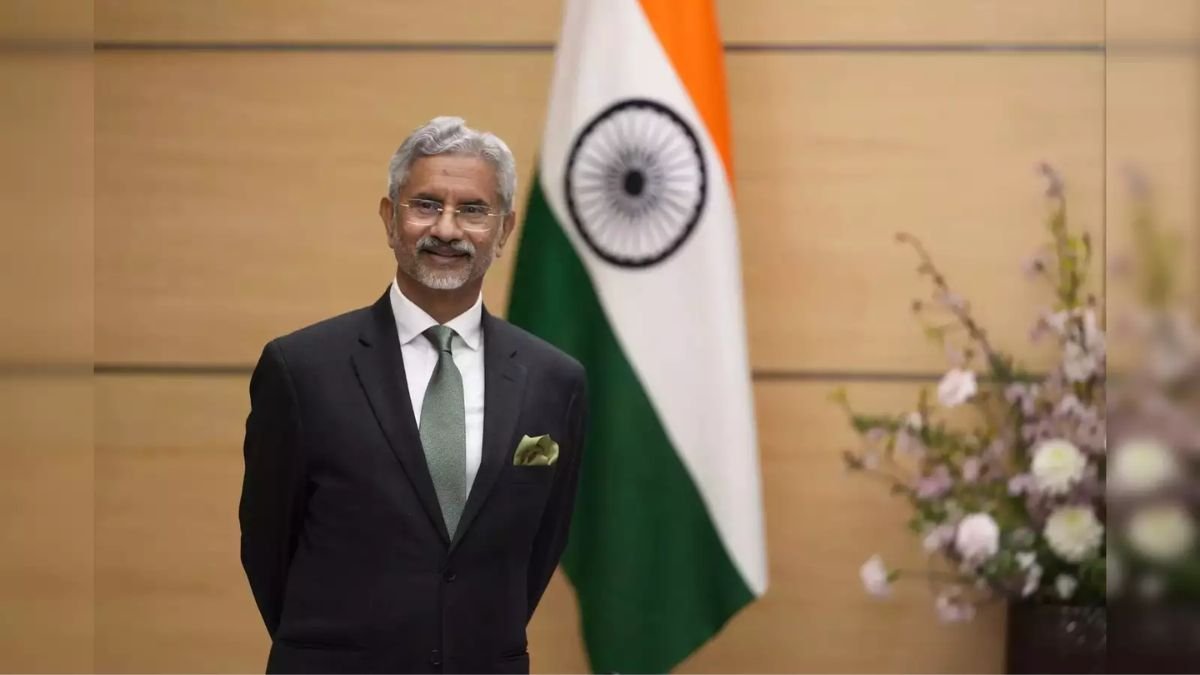A SINGLE VACCINE DOSE IS EXTREMELY EFFECTIVE AGAINST HPV

For women, the current standard is a vaccine three-dose regimen.
According to Ruanne Barnabas, a professor of global health at the University of Washington School of Medicine at the time of the study, the findings could help the World Health Organization meet its goal of having 90 percent of 15-year-old girls vaccinated against HPV by 2030. “The efficacy of a single dose was the same as multiple doses.”
Currently, only 15% of women worldwide are immunised against HPV
“These findings are a game changer that may significantly reduce the incidence of HPV-attributable cervical cancer and positions single-dose HPV vaccination as a high-value and high-impact public health intervention that is within our reach,” says Sam Kariuki, acting director general of the Kenya Medical Research Institute, where the study was conducted.
According to Peter Dull, deputy director of vaccine development and surveillance at the Bill & Melinda Gates Foundation, which funded the study, the findings add more support to the adoption of a single-dose HPV vaccine, which could increase accessibility in low- and middle-income countries.
“HPV vaccines are an effective tool for reducing cervical cancer, but far too many women and girls in low- and middle-income countries do not have access to them,” Dull says. “The findings of the KEN-SHE study add to the growing body of evidence supporting the possibility of a single-dose HPV vaccination.”

Most sexually active men and women will be infected with HPV at some point in their lives, and some will be infected multiple times. The most common time for both men and women to become infected is shortly after becoming sexually active.
“This trial injects new life into the fight to eradicate cervical cancer.” It gives women in countries with high disease burdens, such as Kenya, great hope,” says Nelly Mugo, co-principal investigator on the study and senior principal clinical research scientist with the Center for Clinical Research at the Kenya Medical Research Institute in Nairobi. She is also a global health associate research professor at the University of Washington.
One impetus for the trial, according to the researchers, was the cervical cancer ward at Kenyatta National Hospital in Nairobi. They claim they want the ward to be empty.
“I believe that in my lifetime, cervical cancer will be eradicated,” says Maricianah Onono of the Kenya Medical Research Institute. “Let’s do it—one shot for each woman!”








